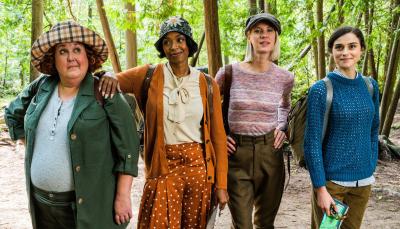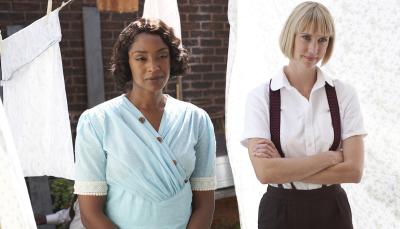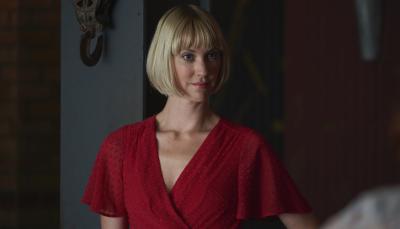'Frankie Drake Mysteries' Season 3 Lets Its Strong, Feminist Ensemble Shine
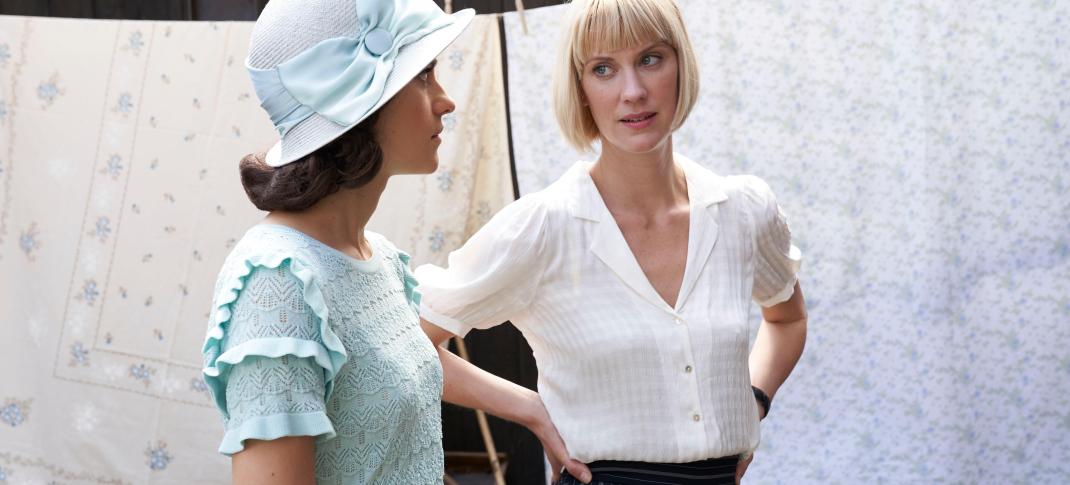
Canadian drama Frankie Drake Mysteries has a lot in common with several other series that are popular right now. A period-set mystery, the show follows the adventures of the first all-female detective agency in 1920s Toronto. It feels like the Canadian cousin of Australian drama Miss Fisher's Murder Mysteries, complete with fun outfits, a distinctly feminist flair. But where Miss Fisher only gives us one remarkable woman at the center of the story who rejects the expected gender norms of her times and solves crimes, Frankie Drake provides four.
The story follows not just the titular Frankie Drake (Lauren Lee Smith), a war veteran and talented detective in her own right, but her best friend and partner, Trudy Clarke (Chantal Riley), a Black woman navigating not just the general racism of the 1920s, but her mother's disapproval over her choice of career. They're joined by Mary Shaw (Rebecca Liddiard), a morality officer who dreams of properly joining the police force and following in her famous cop father's footsteps. There's also Flo Chakowitz (Sharron Matthews), a war widow now working as an attendant at the city morgue while putting herself through medical school at night in order to become a pathologist. Each of these women is a trailblazer in her chosen field, and they're all easy to both root for and love.
(Full disclosure: Mary is my absolute favorite, but we'll get to that in a minute.)
These four women are real friends in addition to being professional partners, and Frankie Drake does a wonderful job of illustrating exactly how important that relationship is to the success of their work, while still making time to show them all out for a drink at the local speakeasy. They're able to communicate in a necessary shorthand, and each has her own particular area of expertise. The best episodes of Frankie Drake are usually those in which the entire quartet is given something significant to do, and which allow us, as viewers, to see how their very different interests and life experiences make their little group strong, both professionally and otherwise.
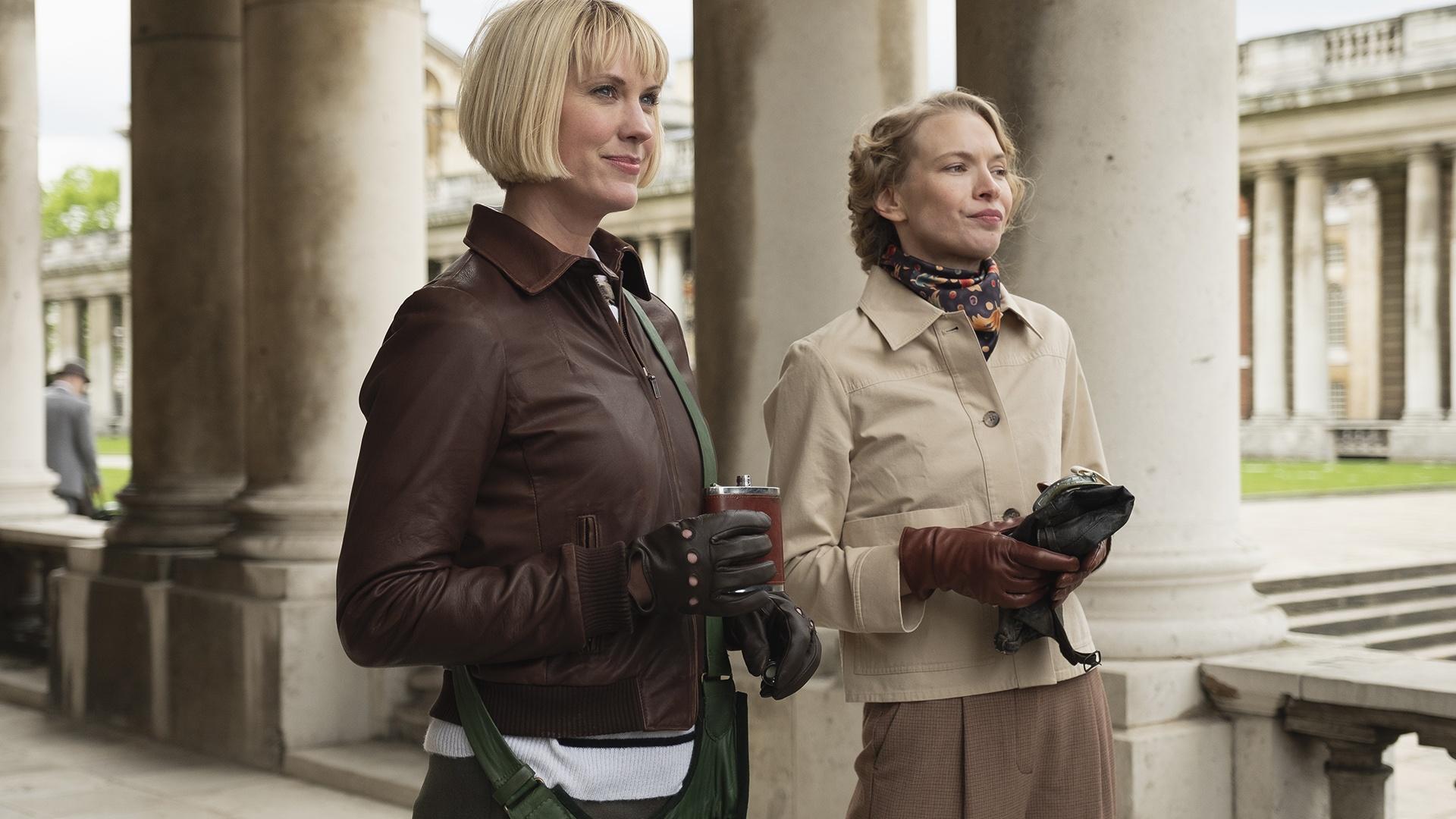
If you've seen the show before, the third season is much of the same. This isn't a criticism, by the way, merely a statement that Frankie Drake is a show that knows what its good at, and sticks to it. The mysteries of Season 3 are a little smaller in scope, including everything from a rigged boxing match meant to draw out a corrupt cop, an undercover mission as telephone operators, the death of a local teacher, fake seances, a stolen violin and more. The biggest "moment" - if you can call it that - of the season occurs in the premiere - a strange sort of bottle-ish episode that sends Frankie off to London on her own, but lets her solve the mystery of a friend's disappearance partnered by none other than a fictional version of the famous Miss Agatha Christie herself.
On the whole, this run of episodes often seems to focus more on social issues than crime-solving, building stories around significant historical events and personages as much as specific cases in need of solving. One hour is set in The Ward, an area of early twentieth-century Toronto that was known for its high immigrant population and struggles with poverty and crime. Another uses the arrival of Frankie’s secret half-brother to tell the upsetting story of the 1919 anti-Chinese riots in Halifax and illustrate the legacy of racism this infamous event left behind. It's actually informative TV, particularly for those of us Americans who know little of Canadian history.
But the best part of Season 3, by far, are the ways and which Frankie Drake Mysteries allows the female characters at its center to push boundaries. Mary's ongoing struggle to be taken seriously by her fellow officers within the police department is perhaps the most well-done plot, if only because we've had three years of watching this character hone her detective skills and put up with a seemingly neverending stream of crap from the men around her. Watching men repeatedly try to take credit for her work is infuriating, but her determination to not give up on her dream - as well as her friends' constant support of it - is something of a wonder to behold. In one episode - "School Ties, School Lies" - Mary even dresses up as a man to take part in the squad's annual physical fitness competition. No spoilers, but every moment of that hour is a truly satisfying one.
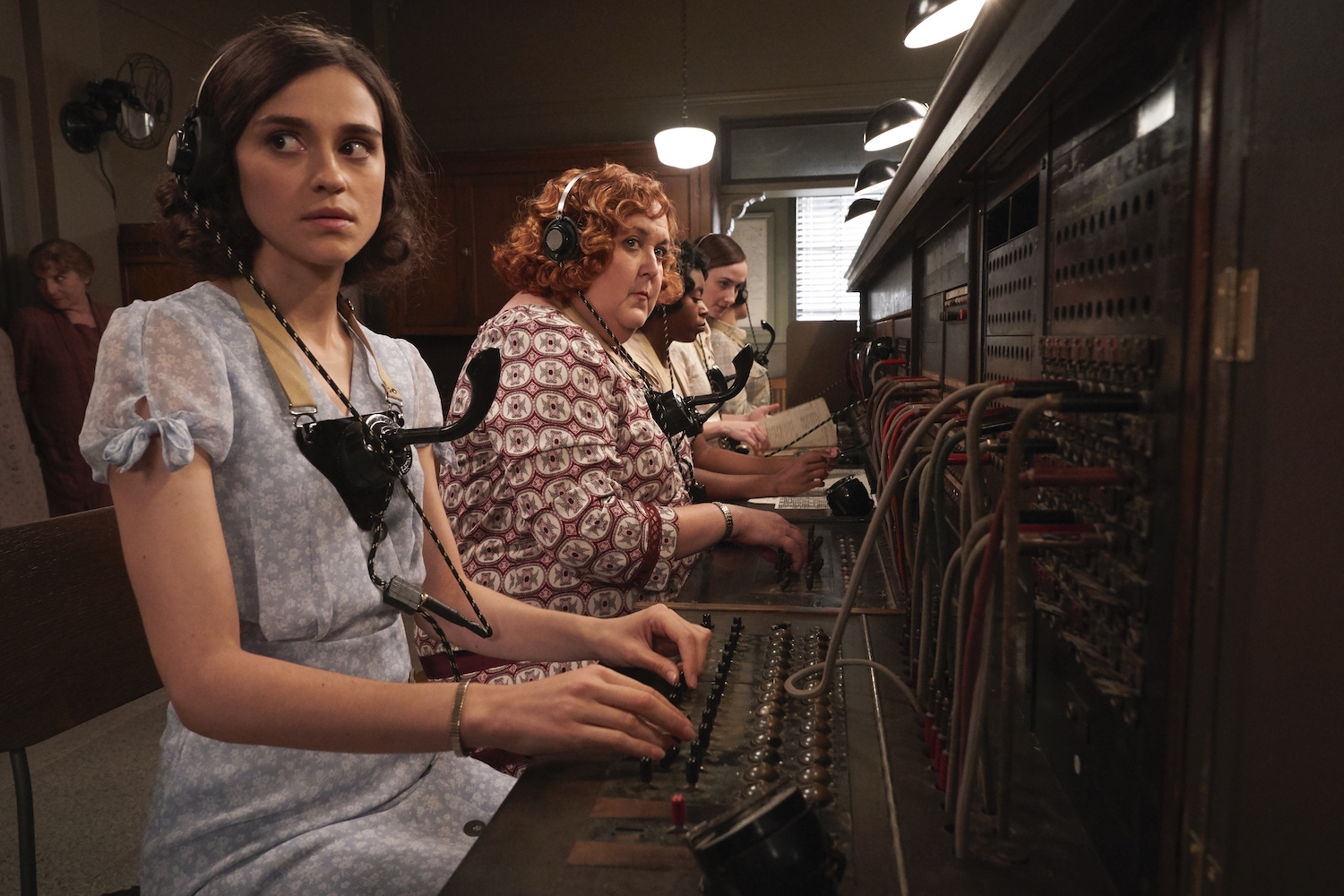
On the whole, Frankie Drake Mysteries Season 3 has a bit of a different feel from the series' previous outings. Besides Frankie's shocking new hair-do, there's less focus on her love life, and the series generally feels more balanced among its leads than ever before. And since the drama has already been renewed for a fourth season, this is good news. Frankie's a fun character in her own right, but the show sets itself apart by the way it tells the story of a variety of women, each struggling with what it means to want to be taken seriously in a world that's disinclined to do so.
The "mysteries" part of the show's title is less important than ever, from a whodunnit perspective. They've got to stick around, given that solving crime is how half the show's primary cast makes a living, but the cases are also often smartly used to highlight the stories of marginalized characters and stories that are often ignored or dismissed by the larger justice system. In short, in a sea of mystery series, there's enough about Frankie Drake to make it stand out from the pack.


